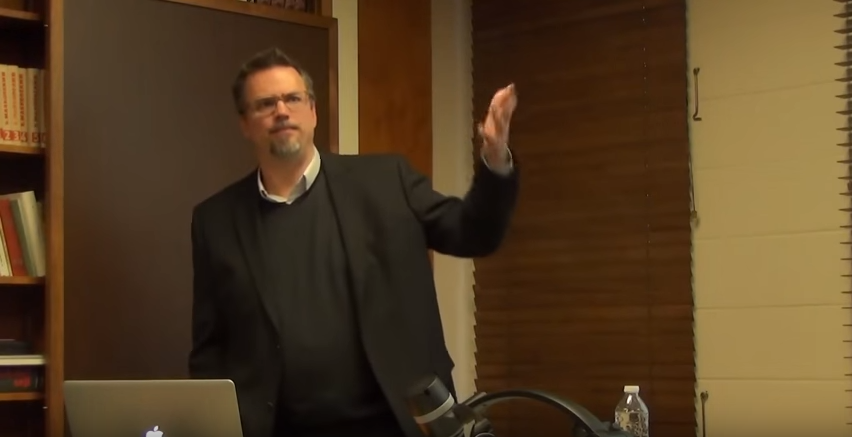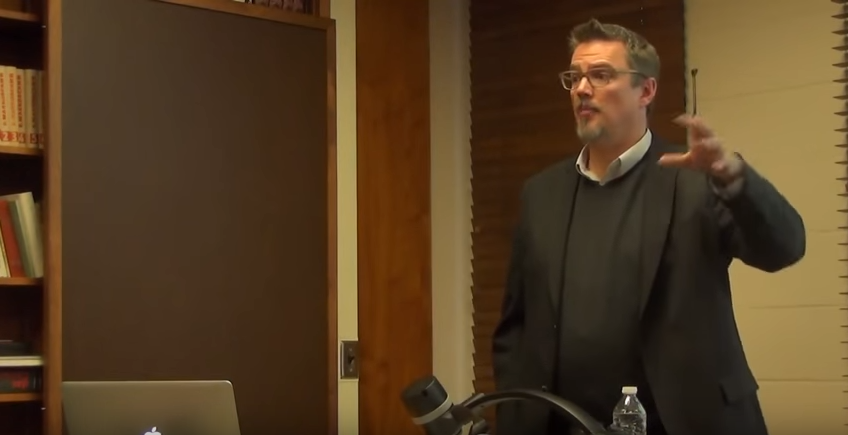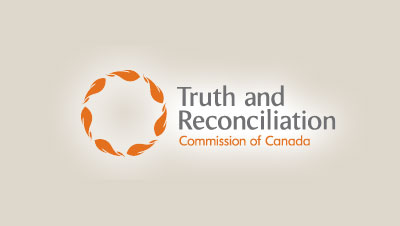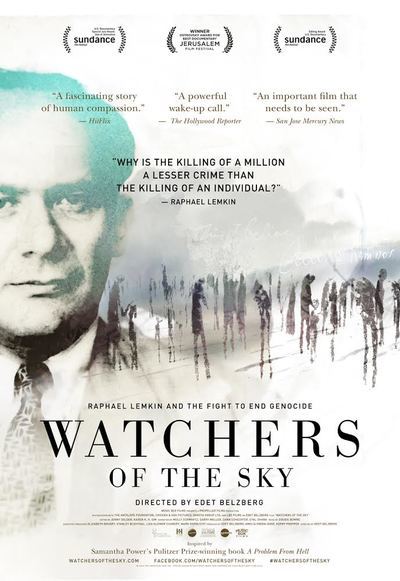On August 20th, the Star Tribune published a story highlighting the incredible disparity between Native Americans and the rest of Minnesota in foster care placement. According to Stahl and Webster’s article, American Indian youth are ten times more likely to end up in foster care in comparison to the rest of the state. On average, two indigenous youth are sent to foster homes in Minnesota every day, the highest rate in the nation.
The sheer number of Native American children being sent to foster care in the United States is creating a significant problem. In 1978 Congress passed the Indian Child Welfare Act (ICWA). At the time, it was an attempt to keep Native American youth in tribal communities by placing them with Native foster families whenever possible. Now nearly thirty years later, Minnesota has a shortage of Native American foster homes to house the increasing number of children being taken from their home.

 This is the second half of a two part interview with Dr. Adam Muller from the University of Manitoba. CHGS interviewed Dr. Muller after his
This is the second half of a two part interview with Dr. Adam Muller from the University of Manitoba. CHGS interviewed Dr. Muller after his  In November, the Center for Holocaust and Genocide Studies welcomed Dr. Adam Muller from the University of Manitoba to discuss his upcoming project, which creates a virtual First Nations residential school. Dr. Muller is part of the
In November, the Center for Holocaust and Genocide Studies welcomed Dr. Adam Muller from the University of Manitoba to discuss his upcoming project, which creates a virtual First Nations residential school. Dr. Muller is part of the  On December 15th, the Canadian Truth and Reconciliation Commission
On December 15th, the Canadian Truth and Reconciliation Commission 